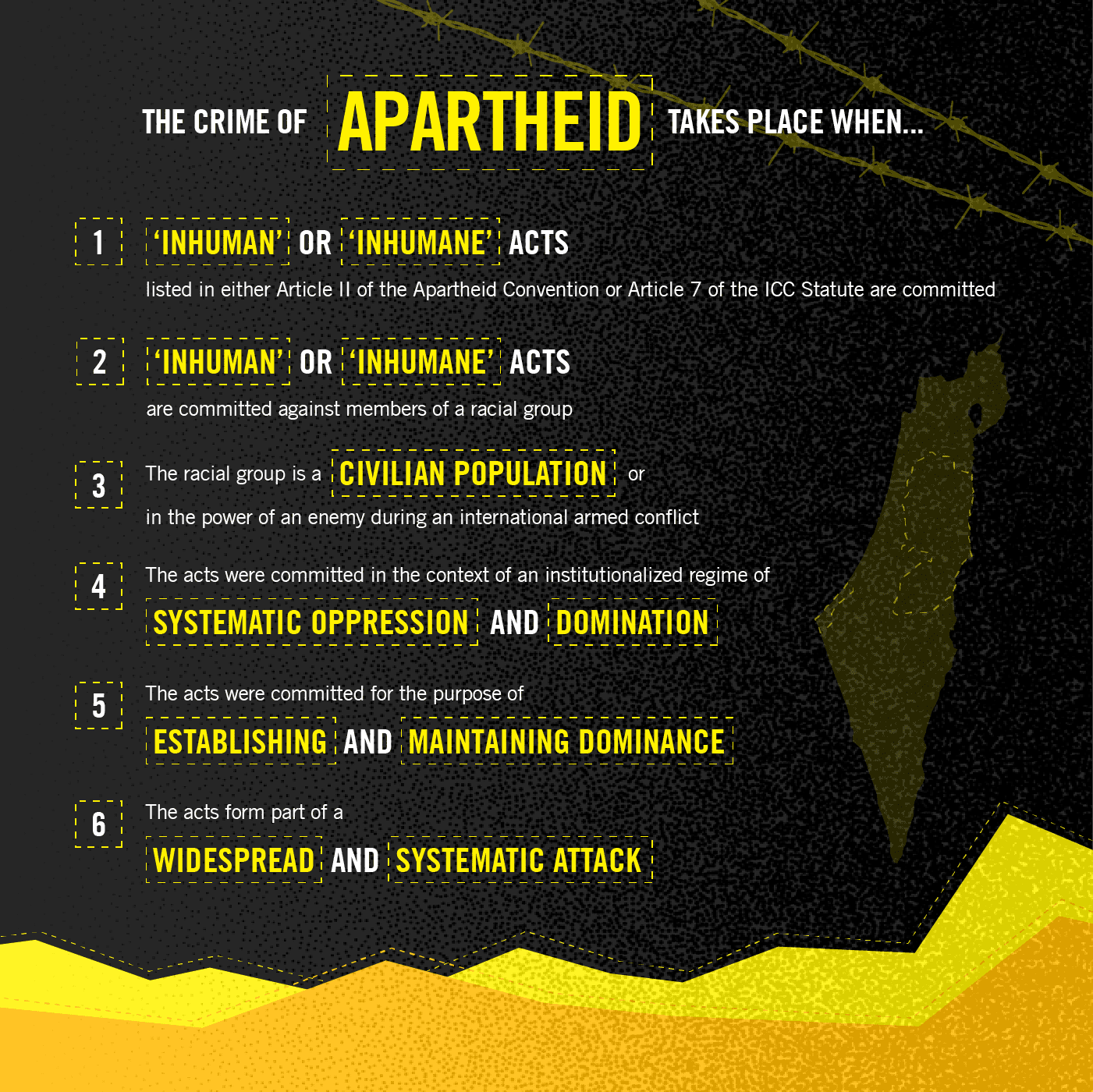I'll throw my hat into the ring and try to put in words what made Apartheid special. Spoilers: I think religion could be used, rather than ethnicity. Another spoiler: I am sitting out, entirely, the Israeli aspect.
Apartheid is, first and foremost, about legalism, and official policy. The government of South Africa had an articulated, formal, policy. Backed by specific laws, codifying racial (because that was the metric rather than religion) "differences".
The governments of the US Southern states, under what's widely known as the Jim Crow laws also ran the same schemes. There, as well, they adopted a formal legal doctrine, with "separate but equal", and were ready to defend it in court. Which they did for a long while, arguing the primacy of state laws. Read up on the intricacies of bathrooms and commerce vs federal prerogatives. They had miscegenation laws, forbidding marriage on racial basis.
Both states had elaborate rules about where people of which races could be. That is also part of its root etymology, keeping apart.
As a teen, I remember reading, in a French paper, a journalist citing a really disturbing incident that had supposedly happened in South Africa.
A young, white, man had supposedly killed a black man for no reason on a bus, just to do it, unprovoked. In court, the judge berated him, gave him a fairly lenient sentence and expressed his regrets that, given the perpetrator and the victim's respective races, he was not allowed, by law, to give him a harsher one.
The key here is that the system is formal, organized, hyper-legalistic when it comes to racial (but it could be religious) criteria.
The characteristic of Apartheid is not some of out of control, unpoliced persecution. It is not the authorities looking the other way. It is not ethnic cleansing either. Those are a dime a dozen throughout the world. It is a formal legal framework recognizing the citizenship, and residency, of both groups, but permanently downgrading the rights of the victimized group, by law. Within a system that takes pride in doing things by the book. In both cases, these were societies that were generally speaking not facing any undue security threats at the time and no attempt was made to use national security as a justification. *.
Nothing in my description is very race-bound. If you replaced all the formal racial criteria with formal religious ones in the law books, the outcome would be essentially the same.
Like Fascism, we ended up essentially taking a name a singular political system gave itself, and brought the word into wider use to describe similar or related political phenomena. Which means that definitions are pretty malleable, and to some extent, a matter of opinion, to exclude or include what constitutes apartheid. Or fascism.
* Locking up many ethnic Chinese during the Malaysian Emergency wasn't a shining beacon of human rights, no, but it wouldn't be considered Apartheid either as they were operating under emergency powers and there was a strong ethnic component to that rebellion.
For all the nastiness of the US and Canada's race-based internment of Japanese-descent citizens during WW2, it was also impermanent, and made under martial law rather than civil law.
